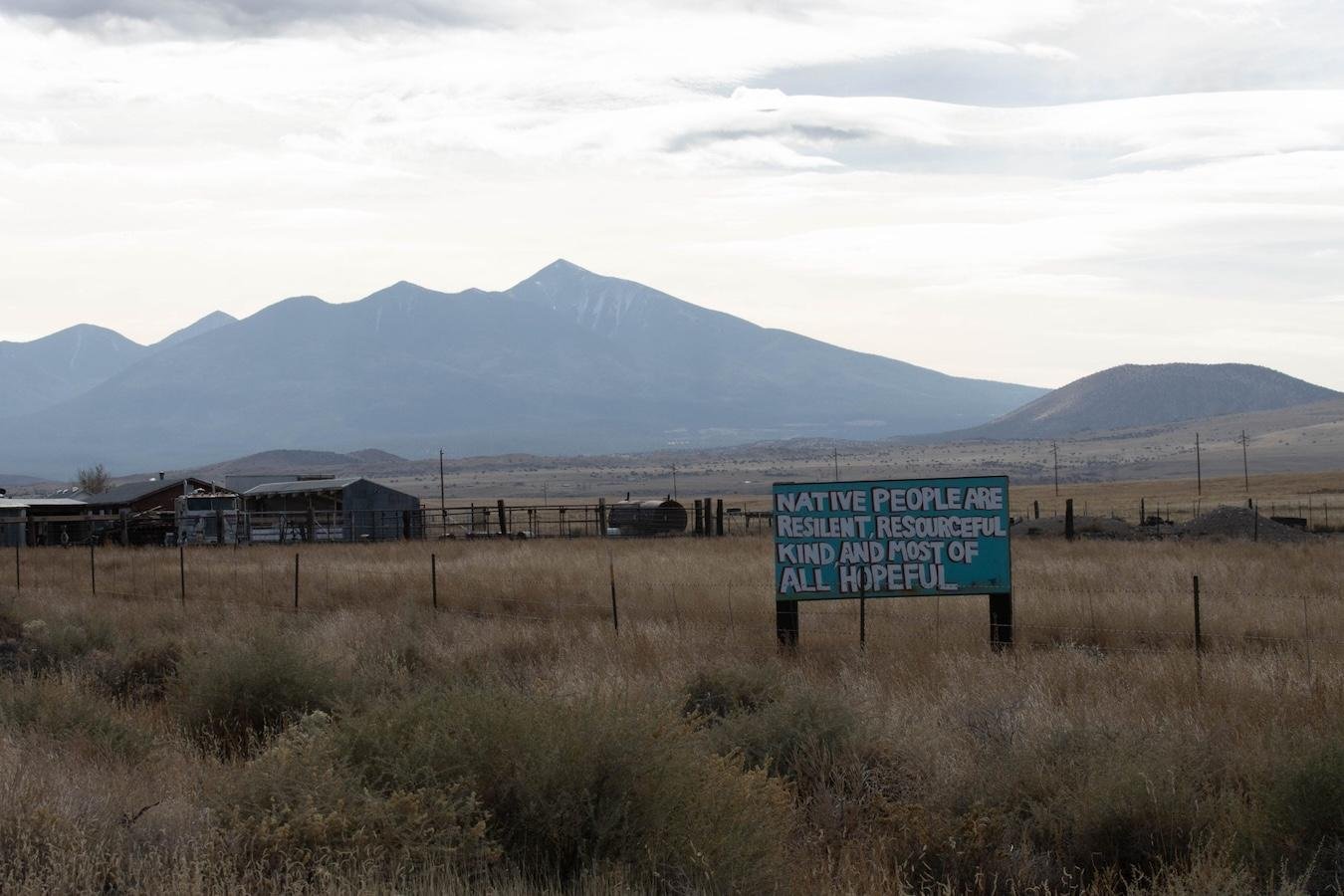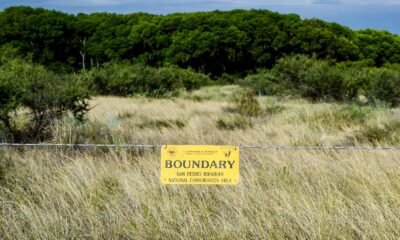Business
Arizona Tribes Secured Funds to Enhance Climate Resilience

Five tribal nations in Arizona have received significant funding from the U.S. Department of the Interior aimed at bolstering community resilience against severe climate-related threats. This initiative is crucial as Indigenous communities face unique challenges that jeopardize their economies, infrastructure, and overall livelihoods, according to Secretary of Interior Deb Haaland.
The funding is part of the Tribal Community Resilience Annual Awards Program, designed to empower federally recognized tribes and organizations to enhance their adaptability to climate change. The receiving tribes, which include the Kaibab Band of Paiute Indians, Navajo Nation, San Carlos Apache Tribe, Zuni Tribe, and Yavapai Prescott Indian Tribe, will utilize these funds for climate-related projects.
Funded by the Biden administration through initiatives such as the Inflation Reduction Act and the Bipartisan Infrastructure Law, this investment facilitates planning and adaptation for climate-related threats. It also allows for the relocation of essential infrastructure as necessary. “Today, we are not just investing in projects; we are investing in the future of our Tribal communities,” stated Assistant Secretary for Indian Affairs, Bryan Newland.
A total of 96 tribes and ten tribal organizations nationwide received over $121 million for 124 projects focused on enhancing community resilience against climate threats. This fund not only addresses immediate needs but also encompasses long-term sustainability for Indigenous populations. “The Biden-Harris administration recognizes the vital role that Indigenous knowledge and leadership play,” Newland emphasized.
Detailed plans are in progress for each tribe. The Kaibab Band of Paiute Indians received $249,789 to create a climate change adaptation plan addressing drought, extreme temperatures, and wildfire risks. This initiative aims to protect essential water resources and cultural sites while ensuring economic viability.
Meanwhile, the Navajo Nation has been allocated $249,820 to develop a climate resilience plan for the Teesto Chapter House. This project will involve community engagement to assess vulnerabilities and prioritize actions supporting both infrastructure and ecological resilience.
The San Carlos Apache Tribe’s funding of $249,600 will facilitate collaboration with experts to formulate a strategy focused on natural and cultural climate threats, identifying key community concerns and responses based on gathered data.
In northeastern Arizona, the Zuni Tribe is set to tackle climate resilience through a $250,000 project aimed at restoring riparian wetlands along the Little Colorado River. Their efforts will enhance biodiversity and improve water availability while preserving cultural practices.
The Yavapai Prescott Indian Tribe stands out as well, receiving over $3.1 million in funding to promote water sovereignty and improve water quality along Granite Creek, a critical part of their reservation lands. Their project will focus on mitigating harmful runoff and restoring natural habitats, critical for advancing their ongoing initiatives.
This collective funding represents a progressive step toward fortifying Indigenous communities against climate impacts, ensuring their voices and needs are prioritized in future resilience strategies.

















